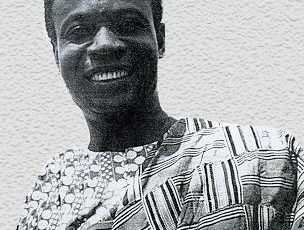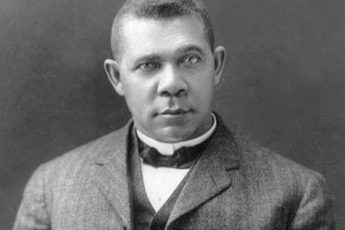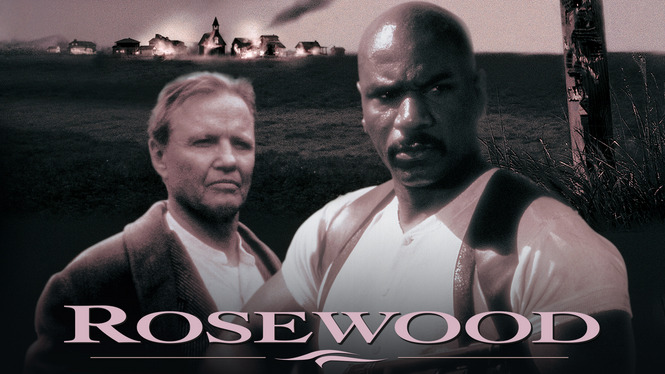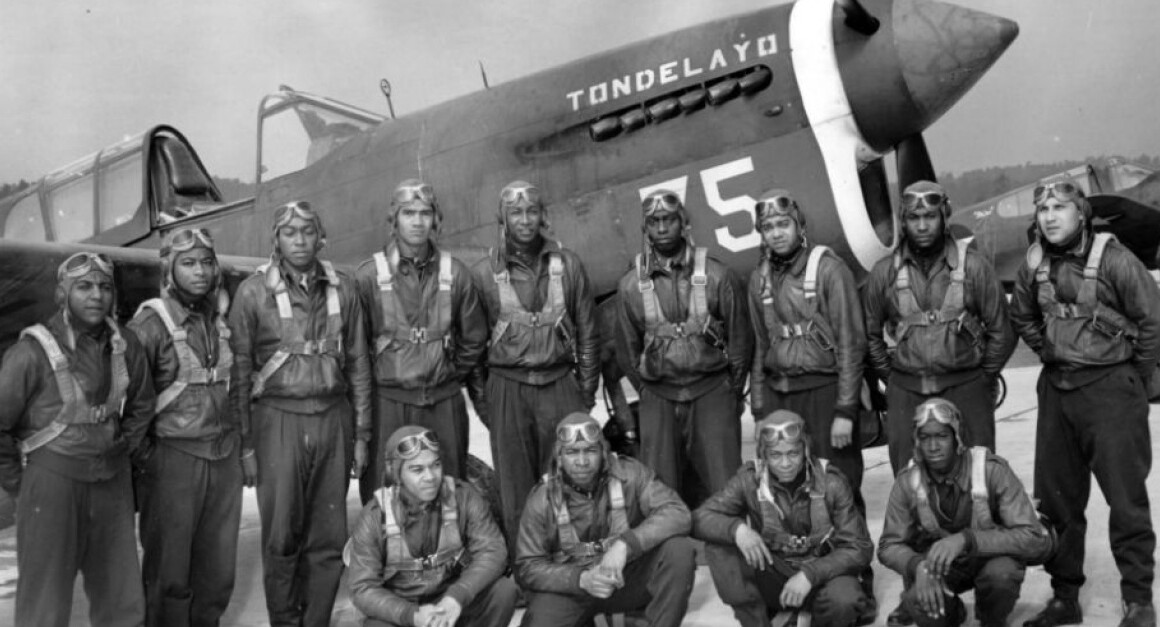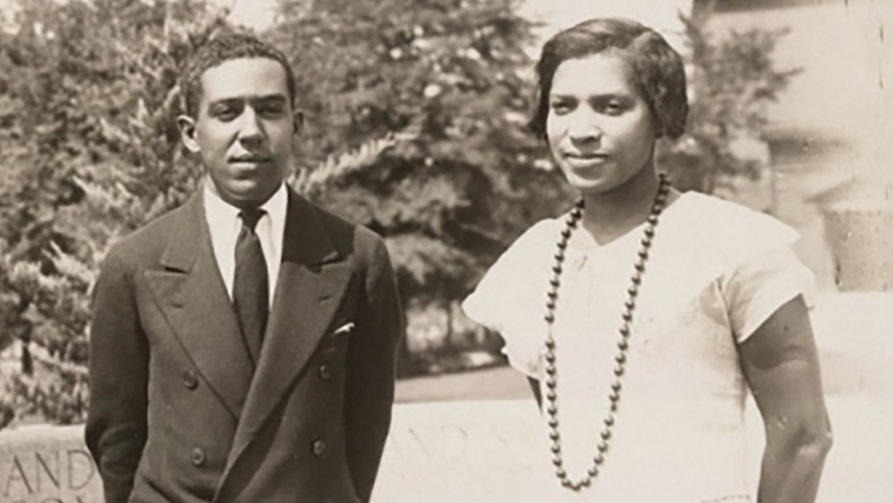
I have seen this very vividly, for example, in the eyes of Southern law enforcement officers barring, let us say, the door to the courthouse. There they stand, comrades all, invested with the authority of the community, with helmets, with sticks, with guns, with cattle prods. Facing them are unarmed black people–or, more precisely, they are faced by a group of un- armed people arbitrarily called black, whose color really ranges from the Russian steppes to the Golden Horn, to Zanzibar. In a moment, because he can resolve the situation in no other way, this sheriff, this deputy, this honored American citizen, must begin to club these people down. Some of these people may be related to him by blood; they are assuredly related to the black Mammy of his memory, and the black play- mates of his childhood. And for a moment, therefore, he seems nearly to be pleading with the people facing him not to force him to commit yet another crime and not to make yet deeper that ocean of blood in which his conscience is drenched, in which his man- hood is perishing. The people do not go away, of course; once a people arise, they never go away, a fact which should be included in the Marine hand. book; and the club rises, the blood comes down, and our crimes and our bitterness and our anguish are compounded. Or, one sees it in the eyes of rookie cops in Harlem, who are really among the most terrified people in the world, and who must pretend to themselves that the black mother, the black junkie, the black father, the black child are of a different human species than themselves. They can only deal with their lives and their duties by hiding behind the color curtain. This curtain, indeed, eventually becomes their principal justification for the lives they lead. But it is not only on this level that one sees the extent of our disaster. Not so very long ago, I found myself in Montgomery, with many, many thousands, marching to the Capitol. Much has been written about this march-for example, the Confederate flag was flying from the Capitol dome; the Federalized National Guard, assigned to protect the marchers, wore Confederate flags on their jackets; if the late Mrs. Viola Liuzzo was avoiding the patrols on that deadly stretch of road that night, she had far sharper eye. sight than mine, for I did not see any. Well, there we were, marching to that mansion from which authority had fled. All along that road-I pray that my countrymen will hear me-old, black men and women, who have endured an unspeakable oppression for so long, waved and cheered and sang and wept. They could not march, but they had done something else: they had brought us to the place where we could march. How many of us, after all, were brought.up on the white folks leavings, and how mighty a price those old men and women paid to bring those leavings home to us!
We reached the white section of town. There the businessmen stood, on balconies, jeering; there stood their maids, in back doors, silent, not daring to wave, but nodding. I watched a black, or rather, a beige- colored woman, standing in the street, watching us thoughtfully; she looked as though she probably held a clerical job in one of those buildings; proof, no doubt, to the jeering white businessmen that the South was making progress. This woman decided to join us, for when we reached the Capitol, I noticed that she was there. But, while we were still marching, through the white part of town, the watching, the waiting, the frightened part of town, we lifted our small American flags, and we faced those eyes-which could not face ours-and we sang. I was next to Harry Belafonte. From upstairs office windows, white American secretaries were leaning out of windows, jeering and mocking, and using the ancient Roman sentence of death: thumbs down. Then they saw Harry, who is my very dear friend and a beautiful cat, and who is also, in this most desperately schizophrenic of republics, a major, a reigning matinee idol. One does not need to be a student of Freud to understand what buried forces create a matinee idol, or what he represents to that public which batters down doors to watch him (one need only watch the rise and fall of American politicians. This is a sinister observation. And I mean it very seriously). The secretaries were legally white-it was on that basis that they lived their lives, from this principle that they took, collectively, their values; which is, as I have tried to indicate, an interesting spiritual condition. But they were also young. In that ghastly town, they were certainly lonely. They could only, after all, look forward to an alliance, by and by, with one of the jeering businessmen; their boyfriends could only look forward to becoming one of them. And they were also female, a word, which, in the context of the color curtain, has suffered the same fate as the word, “male” : it has become practically obscene. When the girls saw Harry Belafonte, a collision occurred in them so visible as to be at once hilarious and unutterably sad. At one moment, the thumbs were down, they were barricaded within their skins, at the next moment, those down turned thumbs flew to their mouths, their fingers pointed, their faces changed, and exactly like bobby-soxers, they oohed, and aahed and moaned. God knows what was happening in the minds and hearts of those girls. Perhaps they would like to be free.
The white man’s guilt, which he pretends is due to the fact that the world is a place of many colors, has nothing to do with color. If one attempts to reduce his dilemma to its essence, it really does not have much to do with his crimes, except in the sense that he has locked himself into a place where he is doomed to continue repeating them. The great, un admitted crime is what he has done to himself. A man is a man, a woman is a woman, and a child is a child. To deny these facts is to open the doors on a chaos deeper and deadlier, and, within the space of a man’s lifetime, more timeless, more eternal, than the medieval vision of Hell. And we have arrived at this unspeakable blasphemy in order to acquire things, in order to make money. We cannot endure the things we acquire-the only reason we continually acquire them, like junkies on a hundred dollar a day habit-and our money exists mainly on paper. God help us on that day when the population demands to know what is behind the paper. But, beyond all this, it is terrifying to consider the precise nature of the things we buy with the flesh we sell.
In Henry James’ novel The Ambassadors published not long before World War I, and not long before his death, he recounts the story of a middle-aged New Englander, assigned by his middle-aged bride-to-be-a widow-the task of rescuing from the flesh-pots of Paris her only son. She wants him to come home to take over the direction of the family factory. In the event, it is the middle-aged New Englander-The Ambassador-who is seduced, not so much by Paris, as by a new and less utilitarian view of life. He counsels the young man to “live. Live all you can. It is a mistake not to.” Which I translate as meaning “Trust life, and it will teach you, in joy and sorrow, all you need to know.” Jazz musicians know this. Those old men and women who waved and sang and wept as we marched in Montgomery know this. White Americans, in the main, do not know this. They are still trapped in that factory to which, in Henry James’ novel, the son returns. We never know what this factory produces, for James never tells us. He only conveys to us that the factory, at an unbelievable human expense, produces unnameable objects.
***

